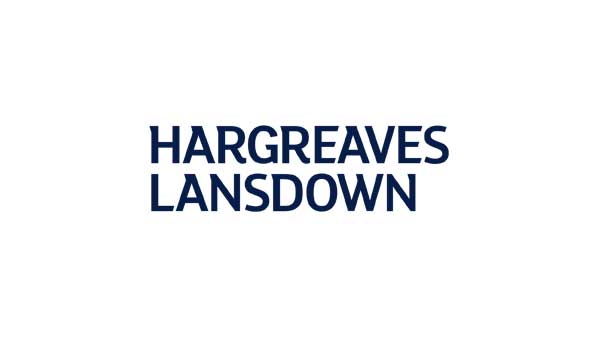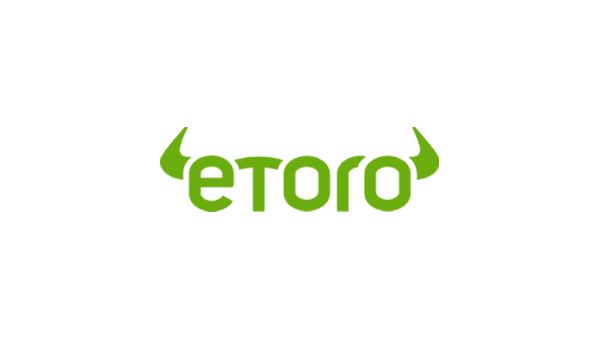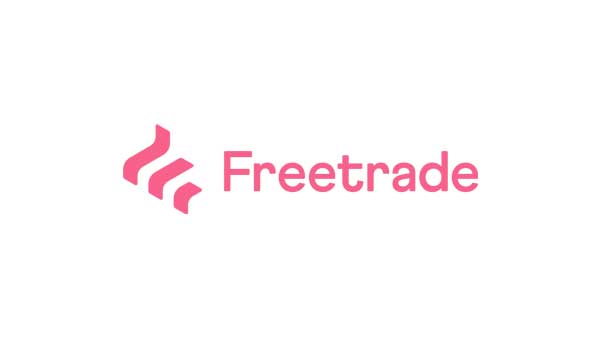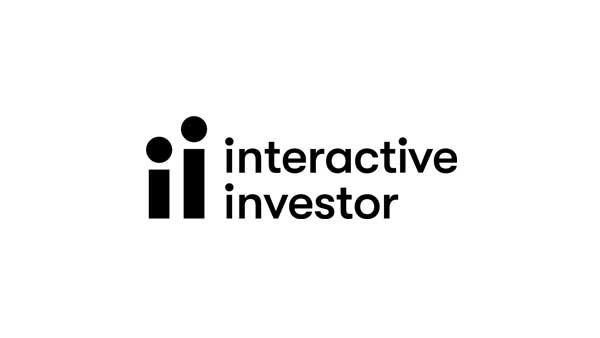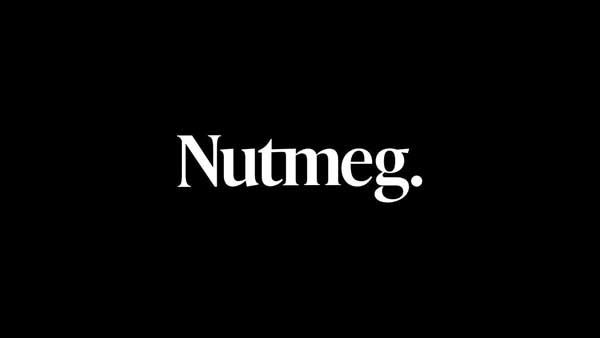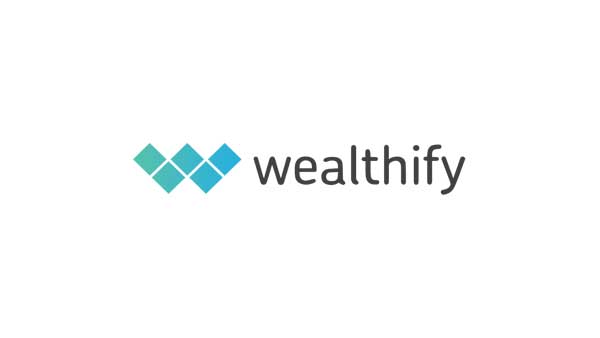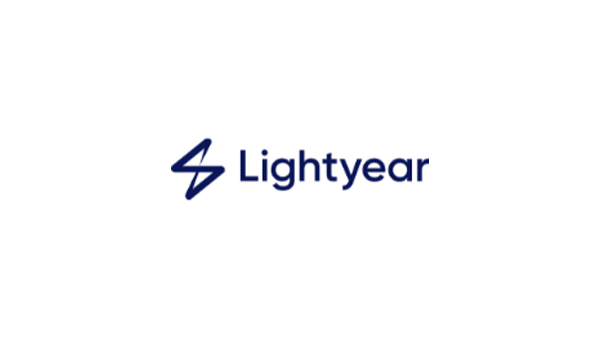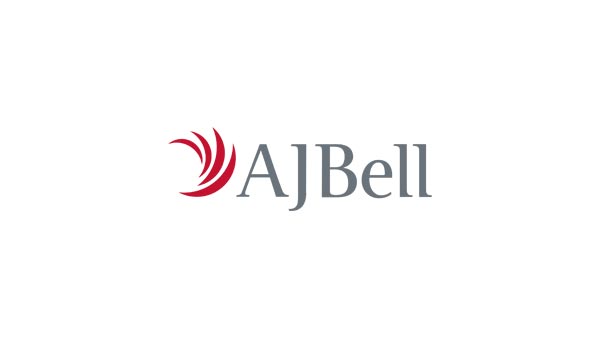Any UK resident should ensure they prioritise using an ISA to save or invest. Everyone gets a tax free allowance (which is £20,000 per year in the 2023/2024 tax year), so why would you not take advantage of that? However, your choice is a cash ISA vs stocks and shares ISA. Which should you choose? And is it possible to choose both?
Table of Contents
What is a cash ISA?
A cash ISA is the simplest form of ISA. You put your funds into an ISA that pays interest, similar to a savings account. Any interest that you then earn does not incur tax. Like other savings accounts, there are many different types of cash ISA, so you can choose the type you prefer. There are ISAs with a fixed rate, which will generally have a higher rate of interest, but you will have to lock your money away for a fixed period of time, for example, 1, 3 or 5 years, and you will incur a penalty if you withdraw your money before the end of the fixed term. Alternatively there are variable rate ISAs, where the money will be more accessible, but the rate will generally be lower than with a fixed rate ISA.
Cash ISA Pros & Cons
Pros
- Lower risk than a stocks and shares ISA
- Good if you want easy access to your capital
- Good for shorter term goals
- You do not pay any tax on interest earned on your capital
Cons
- Savings rates do not always beat inflation so your capital may not grow in real terms
What is a stocks and shares ISA?
A stocks and shares ISA allows you to invest. You can put your money into stocks, shares, bonds and funds. Often a stocks and shares ISA will offer Exchange Traded Funds – ETFs. These are collections of assets bundled together, and allow you to invest in multiple different things. Some stocks and shares ISA providers allow you to create your own investment strategy and trade assets, whilst other providers will manage the investments for you.
Stocks and shares ISAs can be good as part of a longer term investment strategy. Over 5+ years (and ideally longer), the stock market has historically delivered higher returns than savings accounts. In addition, with longer investments, you can mitigate the effects of bad years in the stock market, for example the crash of 2008. Investments all carry risk however, so anyone opening a stocks and shares ISA should be aware that their capital is at risk.
Stocks and shares ISAs costs and fees
With a cash ISA, there are no costs as such. The provider will make money from the interest rate. However, with a stocks and shares ISA, there will be some fees.
Generally, these fees are taken from the total amount you have invested on an annual basis. They will generally consist of a platform fee and a fund fee. It is likely that the total cost would be in the region of 1% of the amount you have invested per year.
Based on that, if you had the full ISA allowance of £20,000 in a stocks and shares ISA, then the 1% charge would be £200. Of course ideally these fees would be less than any gains you would make on your investments.
If you chose to manage your own investments and do your own trades, then some platforms that you could use, such as Hargreaves Lansdown or Interactive Investor, will charge a fee per trade. This is usually round £5 to £10 per trade.
Stocks and shares ISA Pros & Cons
Pros
- Over the long term i.e. more than 5 years, investments historically have given a better return than savings accounts.
- Any dividends, interest or returns for selling investments is tax free.
Cons
- Investing in a stocks and shares ISA has more risk than saving in a cash ISA
- Not suitable for short term goals, as the stock market may have a bad year
Should I choose a cash ISA or stocks and shares ISA?
Both types of ISA have their strengths and weaknesses, and depending on your personal situation, one or the other may make more sense.
However, both types of ISA have their benefits, and, as we make clear in the next section, you don’t necessarily have to choose between one or the other, you can have both!
Can I have both a stocks and shares ISA and a cash ISA?
Yes, all UK residents can open multiple ISAs, and then share the ISA allowance between their ISAs. Therefore you don’t necessarily need to choose between one and the other, and take advantage of the benefits of both.
For example, a cash ISA can be better for short term goals, or to build an emergency fund, so you could choose to open a cash ISA, and put some of your annual ISA allowance into that. Then, for longer term investment goals, you could put the rest of your ISA allowance into a stocks and shares ISA, and take advantage of the potentially higher long term returns.
Diversification
Splitting your ISA allowance between a cash ISA and a stocks and shares ISA make a lot of sense, as one of the key concepts that can really help you to grow your wealth and avoid losses, is diversification. The idea behind this is that you try to divide up your investments between as many different and diverse assets as possible. With investing, you do not want to be too reliant on one asset, or one type of assets. Whilst investing via a stocks and shares ISA may have a higher potential return than savings within a cash ISA, it is also more risky. Therefore, having a less risky return within a cash ISA diversifies things, so you have a better chance of an overall rise in the value of your capital.
How much can I put into an ISA?
The government sets an annual allowance for the amount that individuals can pay into their ISAs. In the 2023/2024 tax year this total allowance is £20,000. This only applies to the cash ISA and stocks and shares ISA, the Junior ISA and Lifetime ISA have slightly different rules.
This means that you can contribute up to £20,000 every tax year, and any return on that capital, whether interest on savings, investment dividends or rises in value, will not be subject to tax. You can also spread your ISA allowance across different types of ISA. If you had both a cash ISA and a stocks and shares ISA, you could put part of your allowance into each. For example, you could put £5,000 into a cash ISA and £15,000 into a stocks and shares ISA, making a total of £20,000. Note that the annual ISA allowance is overall, not per ISA, so you cannot exceed your allowance across all of your ISAs.
It is not possible to open more than one of the same type of ISA within the same tax year. Whilst you can have a cash ISA and a stocks and shares ISA simultaneously, but you could not open 2 cash ISAs or 2 stocks
Bear in mind that you cannot carry over your ISA allowance into the next tax year. If you don’t use all of your allowance, then the next year it resets to the annual allowance.
Where can I open an ISA?
For cash ISAs, it is essentially the same as looking for a savings account, as the main consideration is the interest rate that you get on your capital.
For a stocks and shares ISA, there is a lot more to consider. There are many investment platforms out there these days, and virtually all of them offer a stocks and shares ISA. The first decision to make is whether you want to manage your own investments or have someone else manage them for you.
Active Investing
Active investing is when you create your own investment strategy and make the trades yourself. You would decide which assets to buy, and how much to put into each. Some examples of platforms that do this are:
Passive Investing
Passive investing is where you leave the strategy and trading to the platform that you are using, such as with a traditional financial advisor or a robo advisor. Some examples of passive investment platforms are:
The investment platform can be rather overwhelming – we have created an article that covers the platforms in more depth here.
FAQ
What is the difference between a cash ISA and a savings account?
The key differences between a cash ISA and a savings account are the tax free allowance, and the amount you can pay in.
With a cash ISA, you can pay up to £20,000 per year, and the interest on this amount will be tax free.
With a savings account, there are no limits on the amount you can put in per year. All UK residents do also get a tax free allowance on savings too, even outside of an ISA. Normal rate tax payers get an allowance of £1000 of earned interest per year tax free, whilst higher rate tax payers get an allowance of £500.
Is a stocks and shares ISA safe?
Any form of investment has an element of risk, and there is the possibility that you investment may go down in value, or in extreme cases, that you could lose your entire investment. Whilst there are no ways to completely avoid this risk, there are ways you can mitigate it, such as longer term investing and diversification.
When choosing a platform for a stocks and shares ISA, it is possible to create the strategy and do the trades yourself on an active platform. In this case, the diversification is your responsibility. Alternatively you can use a managed platform, where the diversification is planned by their experienced traders, which may suit you better if you are a beginner investor.

